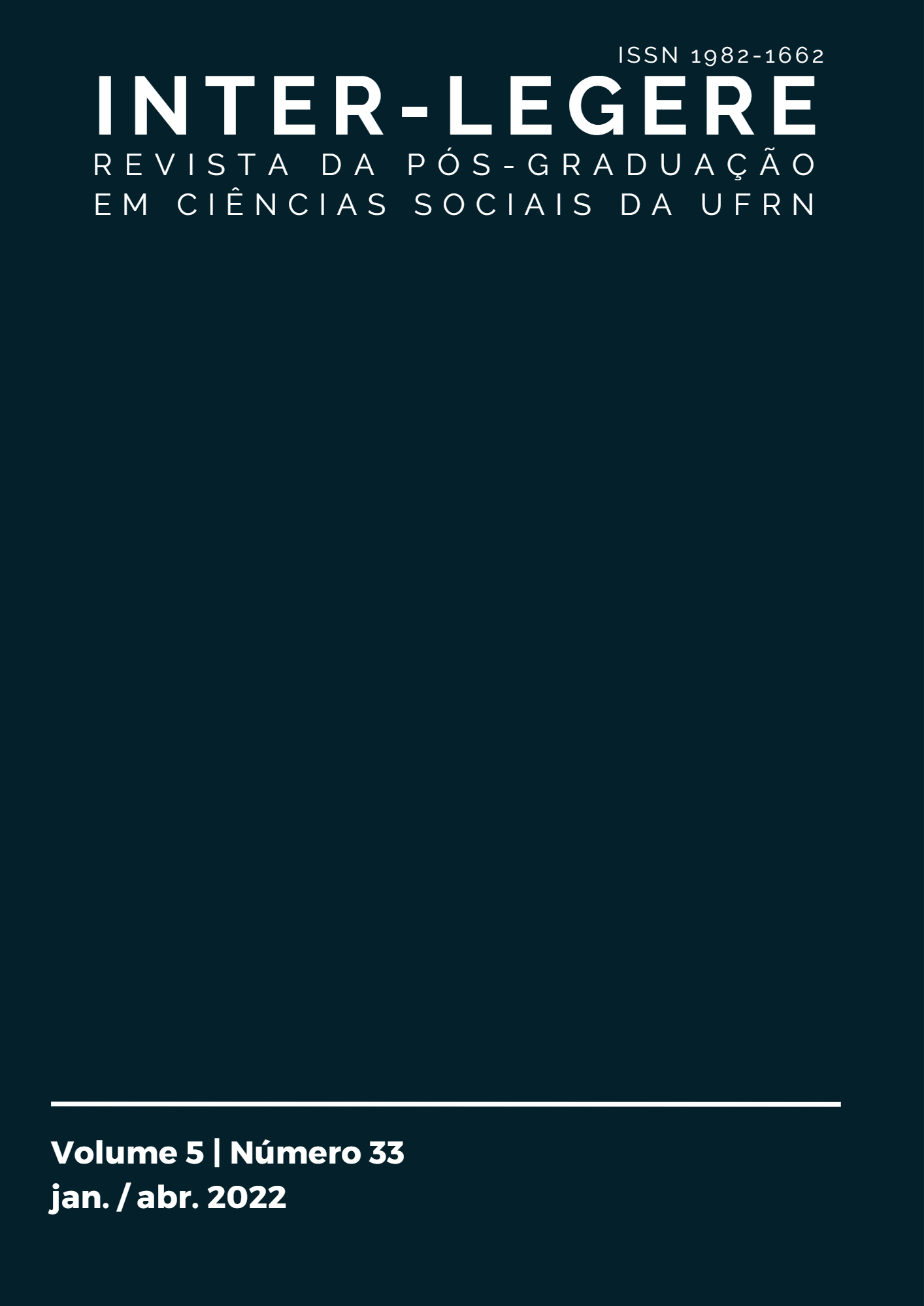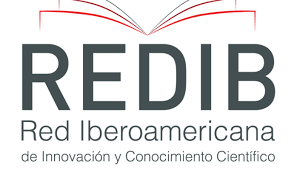IMPACT OF THE INSTITUTIONAL STRUCTURE OF FOUR LATIN AMERICAN BLOCKS FOR REGIONAL INTEGRATION
DOI:
https://doi.org/10.21680/1982-1662.2022v5n33ID27916Abstract
This article sought to identify how an institutional structure of four Latin American Regional Integration blocks (Mercosur, Unasur, Alba and Celac) is organized, making comparisons between the blocks to verify the impact of the structure on Regional Integration. It started with exploratory and descriptive research on the structure of the blocks, the treaties signed between the blocks and studies related to the topic. The findings show that Mercosur has an economic bias, while Unasur and Celac have essentially political objectives. Alba, in turn, made more progress towards Regional Integration, which shows that the existence of a supranational entity is not necessarily related to the success of integration, as ALBA is the most intergovernmental bloc among the blocs. The other blocs also have a tendency towards intergovernmentalism and as interpresidential relations predominate, with only one exception being Celac, which shows itself to be a tool for political strengthening of Latin America in the international scenario, but which makes little progress in Regional Integration.
Downloads
Downloads
Published
How to Cite
Issue
Section
License
Copyright (c) 2022 Bruna Hamerski, Fabiana Prietos Peres, Viviana Samara Yoko Matsui

This work is licensed under a Creative Commons Attribution-NonCommercial-ShareAlike 4.0 International License.


 Português (Brasil)
Português (Brasil) English
English Français (Canada)
Français (Canada) Español (España)
Español (España)





